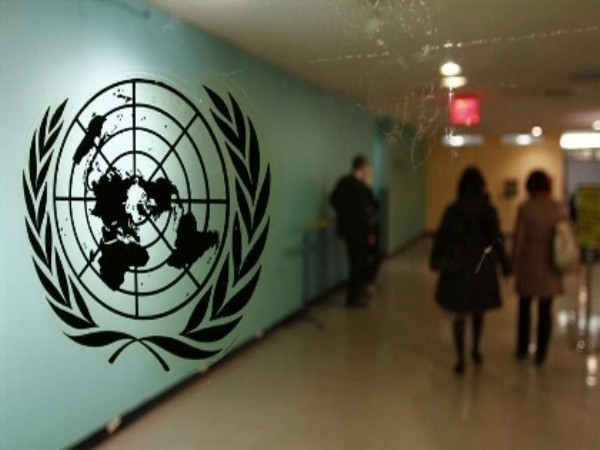

Food scarcity, including shortage of wheat a staple for nearly 2.5 billion people, has brought millions, particularly in Africa to the edge of starvation and malnutrition that could plague them for years.
The United Nations is ringing loud alarm bells to warn of catastrophic hunger and deaths in the coming months but to little avail.
Chair of the African Union and President of Senegal Macky Sall made an urgent trip to meet Russia’s Vladimir Putin in person last week to get nearly 20 million tons of wheat out of Ukraine by cargo vessels. But he had to come away without any concrete actions to ease the hunger.
The US is accusing Putin of stealing Ukraine’s wheat and subverting draconian financial sanctions to sell it cheaply to African countries stricken by drought. He is finding ready takers because wheat prices have shot up more than 60 per cent this year mostly because Russia’s invasion of Ukraine has blocked deliveries from those two countries. They usually provide nearly one-third of global wheat exports.
UN chief Antonio Guterres, who also met Putin personally in April, said after a visit to Africa’s poverty-stricken Sahel region, “Severe acute malnutrition – a wasting disease that can kill if left untreated – is rising. Farm animals are already dying of hunger.”
“Leaders told me that because of the war in Ukraine, on top of the other crises they face, they fear this dangerous situation could tip into catastrophe,” he added.
The response from the world’s seven richest countries (G7) at meetings last month was disappointing mostly because their focus remains on blaming Putin in case widespread starvation deaths occur in Africa.
Prime Minister Narendra Modi has promised to supply emergency shipments of wheat to countries requesting help to alleviate hunger. India is the world’s second-largest wheat grower after China but the US Department of Agriculture (USDA) reported that it accounted for only 4.1 percent of total global wheat exports in 2020-21.
The world’s largest wheat exporters are Russia, the EU, Australia, the US, Canada, Argentina, Ukraine, India and Kazakhstan. But the US and its allies are being slow in unblocking large supplies of wheat as humanitarian aid.
Worse, the high costs of helping Ukraine have reduced G7 humanitarian aid pledges to only USD 2.6 billion, well below promises they made in 2021 to commit USD 8.5 billion to end famine.
Indian farm productivity has made huge gains during the past decade because of improved policies and freer markets promoted by Modi’s administration. The country produced 109.6 metric tonnes (mt) of wheat in 2021-22, of which 8.2 metric tons was exported, up from 2.6 metric tons of exports in 2020-21.
Before reforms, no food grains were left over for export because wheat and rice are staples for India’s 1.3 billion population. Shortages and rising prices can bring down governments in both federal and state elections.
Fearing popular unrest, Delhi has temporarily suspended wheat exports citing price pressures stemming from poor harvests caused by life-threatening extreme heat in recent months. However, there is wide public support for waivers to make emergency shipments to alleviate hunger elsewhere.
Expanding exports requires freer internal markets in India but the politics are very difficult. Modi is still negotiating with powerful farmer lobbies that want to slow down his push towards freer markets.
They have long enjoyed guaranteed prices for wheat and other grains, subsidized by the government. In addition, they benefit from heavily discounted prices for water, electricity and grain storage in silos. Now, they fear having to face competitive markets for food.
In global trade negotiations, the US and EU strongly oppose the subsidies but Indian farming lobbies seem to be as politically potent as in those countries. More agricultural cooperation between the West and India as fellow democracies would be helpful since India is one of the few countries capable of efficiently increasing food supplies and exports to alleviate global hunger levels.
The UN says that in just two years, the number of severely food insecure people has doubled to 276 million from 135 million before the COVID-19 pandemic and Russia’s war in Ukraine.
Almost 21 million children are one step away from starvation and about 811 million go to bed hungry each night because they do not get enough food. This is outrageous because there is more than enough food produced in the world to feed everyone.
Another shocking symbol of entrenched inequalities is small farmers, herders and fisherman produce about 70 per cent of global food supply, yet poverty and hunger are most acute among them and other rural populations.